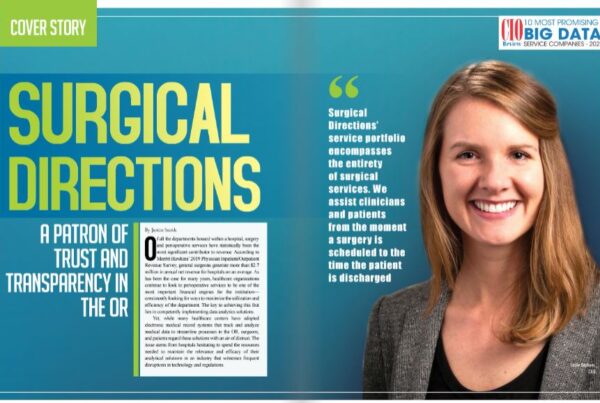This blog is co-authored by Surgical Directions and Avanza Healthcare Strategies. Through their work with hundreds of hospitals and ambulatory surgery centers (ASCs), Surgical Directions and Avanza, have each spent more than two decades refining optimum approaches to surgical center procedural patient care. The following are suggestions on how the ambulatory procedural industry should respond to COVID-19 crises.
On March 17, the American College of Surgeons recommended that only high-acuity surgeries be performed in U.S. hospitals to free up capacity and resources during this pandemic. Many hospitals are now reaching the crisis point in managing these very sick COVID-19 patients. In a growing number of instances, normal critical care capacity is being exceeded and supplies of all types are running low or are exhausted.
Although the federal and state governments are working with manufacturers to ramp up production of essential patient care supplies and equipment, there will be a lag that could put patient care and healthcare providers at risk.
There are approximately 5000 free-standing ASCs and thousands of proceduralist offices that performed approximately 35 million procedures last year. In aggregate, these centers and offices typically have abundant supplies of disposables, drugs, and equipment on hand that could be used for hospital-based COVID-19 patient care.
For various reasons, some ASCs and physicians’ offices have not significantly curtailed providing elective surgery and procedures in these first weeks of the pandemic.
It is Surgical Directions’ and Avanza’s joint recommendation that all current elective ambulatory procedural care in the United States be suspended. This action will free up essential supplies either directly to hospitals or to state and local healthcare organizations that can coordinate distribution. This is the right approach at this crucial time.
The federal government has stated its urgent concerns over the need for personal protective equipment, ventilators, critical care drugs, antibiotics, IV fluids, etc., many of which are available from ASCs and offices for potential hospital use. Additionally, clinical personnel who support the ambulatory care industry, especially anesthesia and nursing expertise, will be freed up for help with this pandemic.
The next few weeks and months will dramatically impact healthcare providers in many ways. Once this current crisis is under control, we strongly believe the outpatient surgical setting will quickly return to the place in the healthcare industry that it has occupied for many years: as the fastest growing area of surgery and procedural services and the most appropriate venue for healthy patients to undergo elective surgery.



